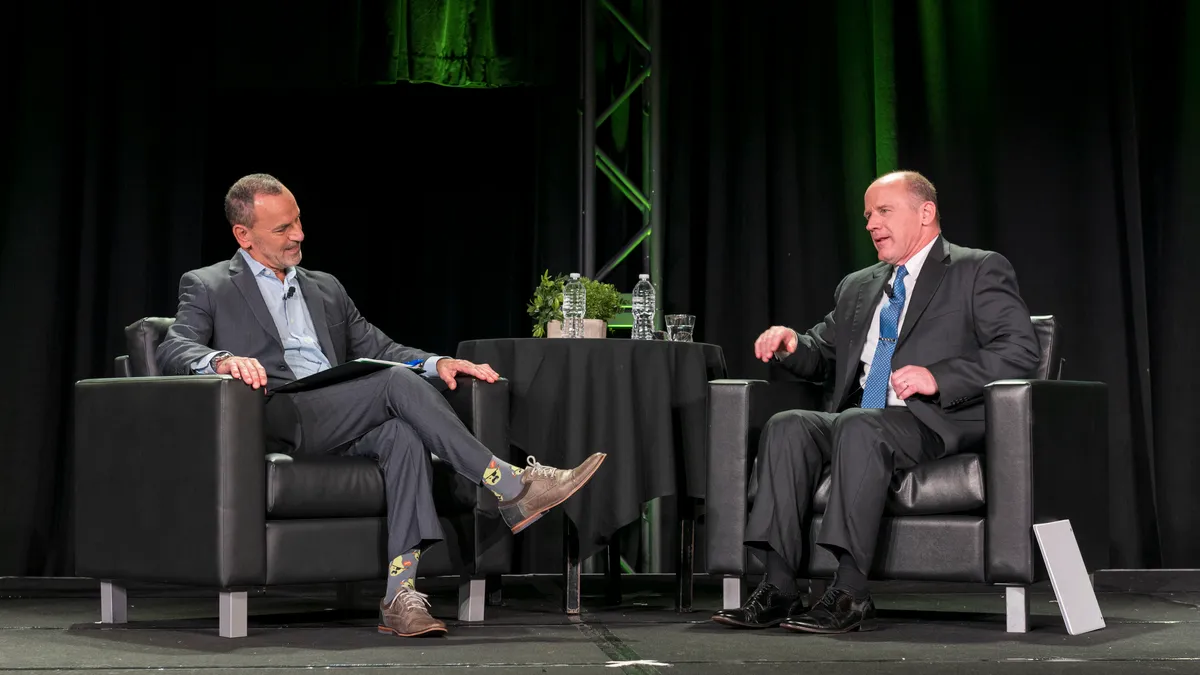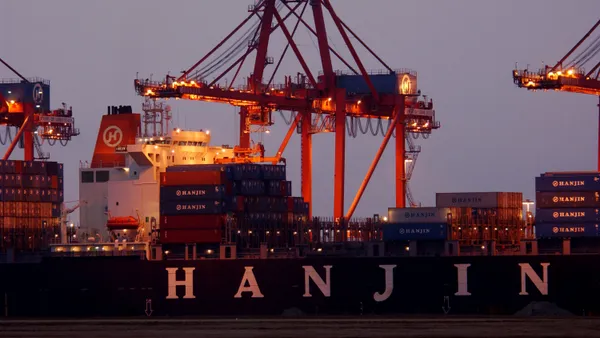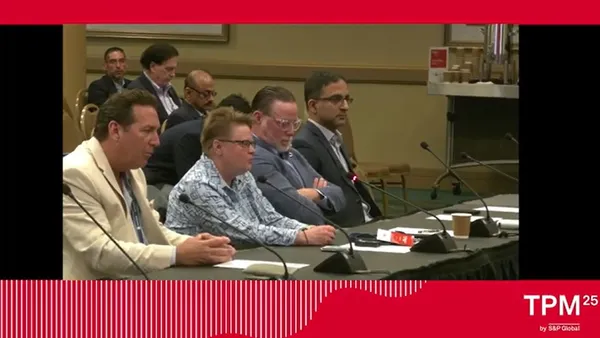CHICAGO — The Biden administration’s plan for addressing supply chain congestion will shift away from urging ports to move to 24/7 operations after failing to get major traction among ports and businesses due to the cost involved.
“It’s a free market economy,” White House Port and Supply Chain Envoy Gen. Stephen Lyons told reporters Monday at the ASCM Connect Annual Conference. “People are driven by their incentive structures, and they will they will respond to what will provide them the greatest return on their investment.”
Lyons said that the potential of shifting to 24/7 operations to expand productivity “is very sound,” but that there was not “a willingness to do that in some places.” Some terminals that had moved toward 24/7 operations ended up reducing hours after seeing low utilization, Lyons said.
Instead, efforts will remain focused on data collection and identifying potential incentives to encourage shippers and carriers to move cargo faster.
“We need to get more transparent,” Lyons told an audience of supply chain professionals during remarks at the Association for Supply Chain Management event. “We need to understand what's where and hold folks accountable, and then incentivize them to commit to liquidity in a way that's meaningful.”
Incentives have risen in popularity among ports since the port envoy's office was created. Several West Coast ports considered a container dwell fee last year to speed cargo flow, and a similar fee was proposed at the New York and New Jersey port complex earlier this year.
Lyons said he didn’t think an East Coast dwell fee is necessary, noting it could incentivize “the wrong behavior.”
“You got to make sure that whatever fee you're putting out there is incentivizing the right behavior,” Lyons told reporters. “And the right behavior is keep things in motion.”
Lyons, a former commander of the U.S. Transportation Command, said that he has committed to the envoy position for a year. His work over the next nine months or so will help set the groundwork for the Office of Multimodal Freight Infrastructure and Policy, which is being created within the U.S. Department of Transportation following the passage of the Infrastructure Investment and Jobs Act.
Before the end of his term, Lyons hopes to scale the Freight Logistics Optimization Works initiative, which collects information from major stakeholders across the supply chain to provide more visibility into pressure points. The initiaitve anonymizes and aggregates data, providing “macroeconomic indices” to give a sense of capacity and help predict congestion before it occurs.
“We must improve transparency across a fairly opaque industry,” Lyons said in his keynote address. “Transparency then leads to accountability and accountability leads to progress.”















